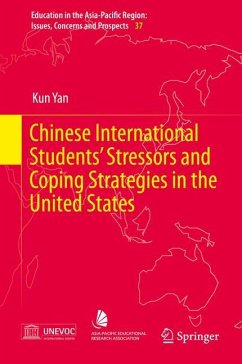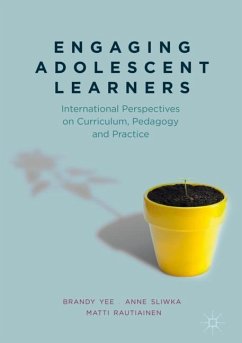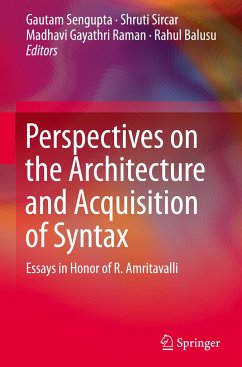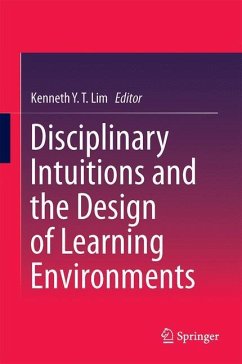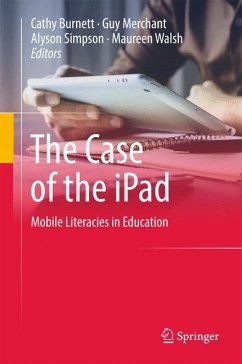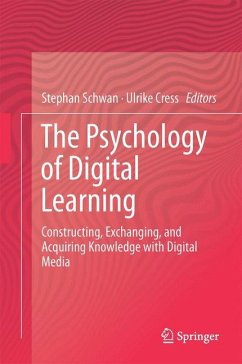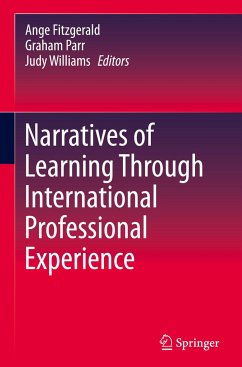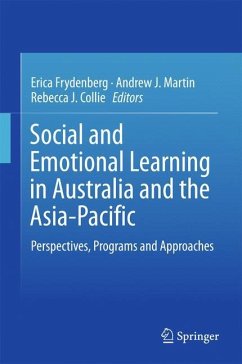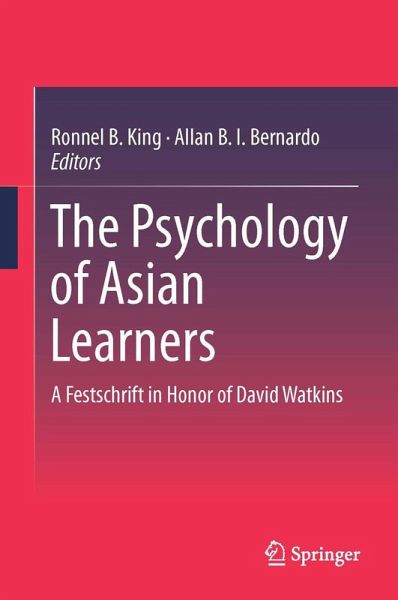
The Psychology of Asian Learners
A Festschrift in Honor of David Watkins
Herausgegeben: King, Ronnel B.; Bernardo, Allan B. I.

PAYBACK Punkte
39 °P sammeln!
This book celebrates the scholarly achievements of Prof. David A. Watkins, who has pioneered research on the psychology of Asian learners, and helps readers grasp the cognitive, motivational, developmental, and socio-cultural aspects of Asian learners learning experiences. A wide range of empirical and review papers, which examine the characteristics of these experiences as they are shaped by both the particularities of diverse educational systems/cultural milieus and universal principles of human learning and development, are showcased. The individual chapters, which explore learners from fou...
This book celebrates the scholarly achievements of Prof. David A. Watkins, who has pioneered research on the psychology of Asian learners, and helps readers grasp the cognitive, motivational, developmental, and socio-cultural aspects of Asian learners learning experiences. A wide range of empirical and review papers, which examine the characteristics of these experiences as they are shaped by both the particularities of diverse educational systems/cultural milieus and universal principles of human learning and development, are showcased. The individual chapters, which explore learners from fourteen Asian countries, autonomous regions, and/or economies, build on research themes and approaches from Prof. Watkins' research work, and are proof of the broad importance and enduring relevance of his seminal psychological research on learners and the learning process.



